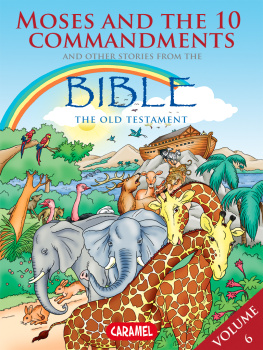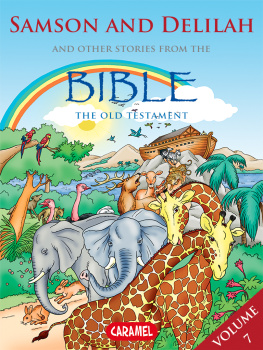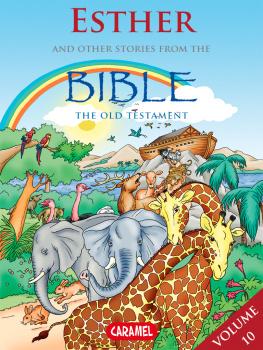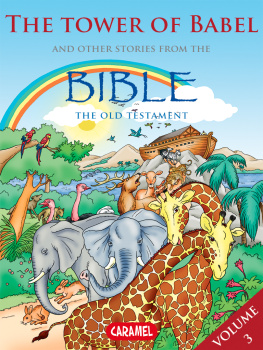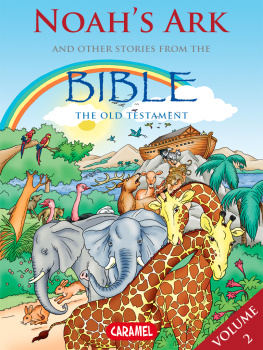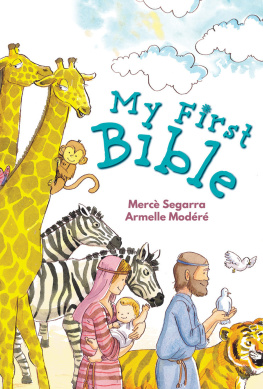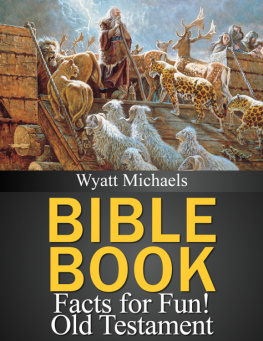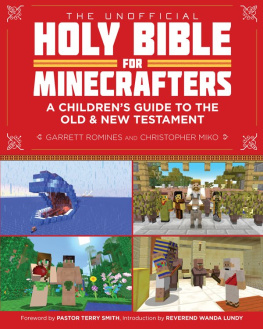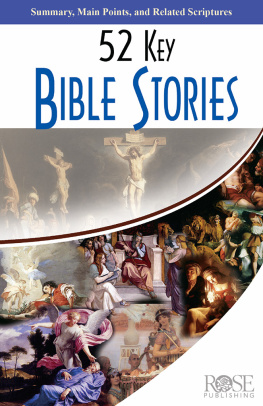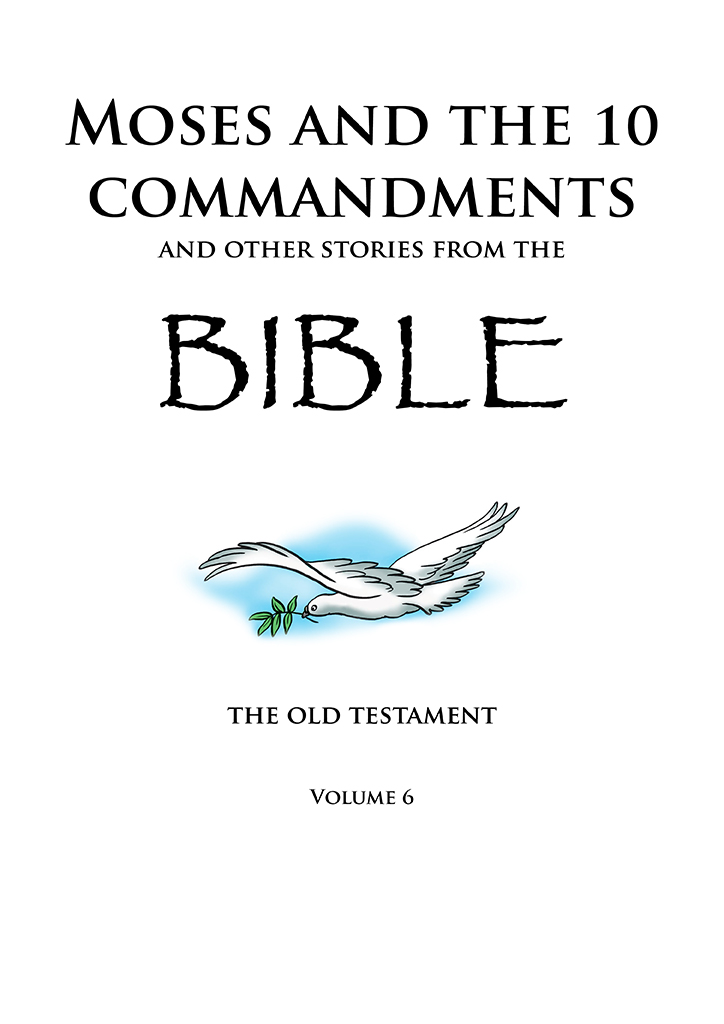This book is published by ditions Caramel.

Texts: Jol Muller
Artworks: Roger De Klerk
Edited by: Jean-Michel dOultremont et Galia Lami Dozo Van der Kar
Copyediting: Lela Bernard
The birth of Moses
Time went by and there were more and more Hebrews in Egypt. One day, Pharaoh Ramses II felt that there were too many.
Pharaoh decided to kill every male Hebrew new-born. In a Hebrew family, a woman had just given birth to an adorable little boy.
To save his life, she laid him in a basket that she placed it on the Nile. Pharaohs daughter found the baby and decided to raise him as her own. The baby was called Moses, which means Saved from the Waters.
Moses sees his people
Moses grew up with the love and tenderness of his adoptive mother.
He lived in luxury in Pharaohs palace. From his youngest age, he wondered why the Hebrew were slaves and had to work so inhumanely.
Reaching adulthood, he realised the immense suffering of the Hebrew who had to build Pharaohs palaces under a scorching sun. The Egyptian guards beat Hebrew slaves. They were unfed, barefooted in the mud where they made bricks and never had a minute to breathe. These men were exhausted, skinny and often wounded or ill. These slaves were not respected; their lives were worthless for the Egyptians.
Moses chased from Egypt
One day, Moses learned that he was Hebrew. He learned this from the workers that he regularly visited on the work sites. Under his eyes, an Egyptian guard was whipping a Hebrew to death. He turned around to make sure that no one saw him and pushed the Egyptian so that he would stop hitting his blood brother and unwillingly killed him. Moses got scared and hid the soldier in the sand, hoping that no one would have seen him.
The following day, Moses came back to the site and saw two Hebrews fighting. He spoke to one: Why are you hitting your friend? The attacker answered Who chose you to be our master and judge? Will you kill me like you killed the Egyptian?
Moses, frightened, thought that Pharaoh would hear of his action and that he had best run away to avoid certain death. Pharaoh did indeed hear about Moses aggression and tried killing him. He chased him from the kingdom forever. Moses ran away and hid in the Madian Desert. He reached a small village and sat near a well.
The Madian priest had seven daughters. They came to draw water and fill the manger for their fathers small cattle. Shepherds arrived and chased them. Moses took their side and helped them give their cattle water. They went back to their father and told him of their encounter with an Egyptian who protected them. Their father asked that this Egyptian should be brought before him to thank him. Moses told his life in Egypt and agreed to remain near Jethro. He married Zipporah, one of the daughters, and became a shepherd.
The burning bush
One day, as Moses grazed his cattle beyond the desert he reached the mountain of God, Mount Horeb. On top of this mountain, the angel of God appeared like a burning bush. Surprised, Moses looked: the bush was on fire but did not burn. He turned around to see this strange scene and to understand why the wood did not burn.
God called Moses from the centre of the bush:
Moses, Moses.
He answered:
Here I am!
God said:
Do not come too near, take your sandals off because the place where you stand is a sacred place. I am the God of your fathers, the God of Abraham, Isaac and Jacob.
So Moses hid his face away as he did not dare look at God out of respect.
God said:
I have seen the suffering and pain of my people in Egypt. I heard their pain and cries. Now go, I send you to Pharaoh. Get my people, the Israelites, out of Egypt.
Moses answered God: Who am I to find Pharaoh and to take the entire Hebrew people out of Egypt?
God said:
I shall be with you. You will tell them that its their Fathers God who sent you and that I prepare a new land for them and a life of abundance in Canaan.
Moses was afraid to fail in this difficult mission, fearing the refusal and wrath of Pharaoh and the Egyptians.
God gave him a stick which would protect him and comfort him during his mission. God also told him that if Egypt refused to let the Hebrews go, the entire country would suffer a series of natural disasters. Moses spoke again and said: And if they do not believe me and do not listen to my voice and tell me: You are lying, God did not appear before you?
Throw the stick you are holding on the ground! ordered God.
Moses threw the stick on the ground and it changed into a snake. Moses was scared.
But God continued:
Move your hand and grab the snake by the tail.
Moses brought his hand near the snake and it became a stick. God reassured him and told him to trust Aaron, his brother, who would help him in his mission. The stick would represent Gods presence.
Moses returns to Egypt
Moses returned to his father-in-law Jethro and told him of his encounter with God and his mission to free his people in Egypt. Jethro answered: Go in peace.
Moses left with his wife Zipporah, his son, Aaron and his family reached Egypt. When they arrived in Egypt, Aaron and Moses gathered the Hebrews. Aaron repeated every single word that God had told Moses. The people believed him and rejoiced, as God had seen their misery and wanted their well-being. They prayed God to thank him for a long time.
Moses and Aaron went to find Pharaoh and told him: God has spoken, the God of Israel: Let my people go, that he may celebrate me in the desert. Pharaoh answered: Who is this God who wants me to listen to his voice and free the Hebrews? I do not know God and will never let the Hebrew go!
Moses and Aaron explained to Pharaoh that he must listen to the voice of God. Failing this, a series of catastrophes would strike Egypt.
Pharaoh refused to let the Hebrew slaves go, as they were responsible for the countrys growth and riches. He decided to make the slaves work harder and to make their lives harsher still. He wanted to brutalise them when their work was not finished on time. The Hebrews revolted and Moses was very disappointed by Pharaohs punishment. But God reaffirmed that he would free the people and the Hebrews would no longer be slaves. Pharaoh refused to listen to the complaints of the slaves and to the many requests of Moses.
Next page
